Why Seeds?
Seeds are the cornerstone of agriculture, serving as the genesis of life for countless crops that sustain communities and economies. Nowhere is the significance of seeds more pronounced than in Africa, where they play a pivotal role in addressing numerous challenges and driving sustainable and inclusive development across the continent.
Addressing Food and Nutrition Security

Seeds are fundamental in ensuring food and nutrition security in Africa. By facilitating the enhanced production of diverse and nutritious crops, seeds contribute to combating malnutrition and promoting healthier diets, as well as the food security of countries. By providing farmers with access to high-quality seeds of diverse crops, seeds can significantly enhance agricultural productivity and diversify diets. Quality seeds play a pivotal role in determining the success of a crop, fostering conditions conducive to a consistent, healthy, and abundant harvest, irrespective of the variety planted.
Putting More Choice in Farmers’ Hands
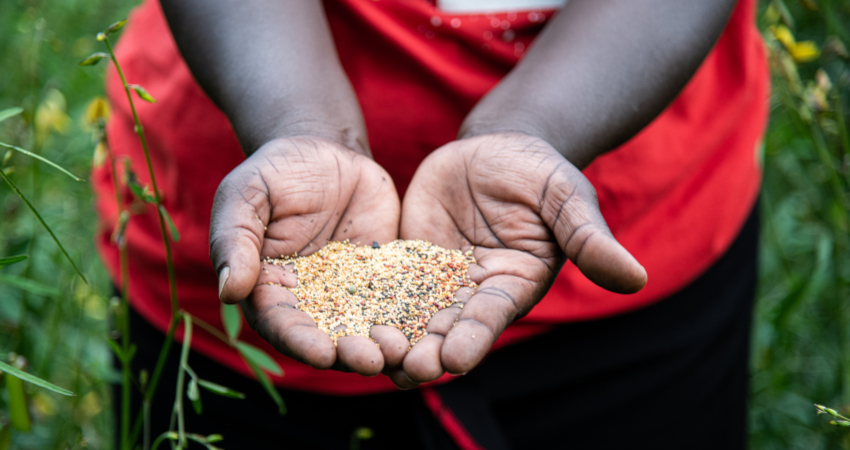 The seed sector serves as a link between research and the fields. Improved varieties bred by agricultural research for traits such as higher yields, pest resistance, and nutritional value must be made available to farmers via the seed sector multiplication and delivery mechanisms. Only a thriving seed sector can turn the achievements of science, technology and innovation into benefits for farmers. Farmers are better placed to take decisions that will benefit their harvest and secure their immediate and future wellbeing; they must therefore be given options on how to best achieve these goals. By empowering farmers to use and choose from quality seeds of a diverse range of improved varieties, seed systems can lead to the introduction of crops that are more productive, more adapted, more nutritious and more resilient, addressing a variety of challenges such as climate change, hidden hunger and malnutrition, that are prevalent in many parts of Africa.
The seed sector serves as a link between research and the fields. Improved varieties bred by agricultural research for traits such as higher yields, pest resistance, and nutritional value must be made available to farmers via the seed sector multiplication and delivery mechanisms. Only a thriving seed sector can turn the achievements of science, technology and innovation into benefits for farmers. Farmers are better placed to take decisions that will benefit their harvest and secure their immediate and future wellbeing; they must therefore be given options on how to best achieve these goals. By empowering farmers to use and choose from quality seeds of a diverse range of improved varieties, seed systems can lead to the introduction of crops that are more productive, more adapted, more nutritious and more resilient, addressing a variety of challenges such as climate change, hidden hunger and malnutrition, that are prevalent in many parts of Africa.
Empowering Women Across the Value Chain
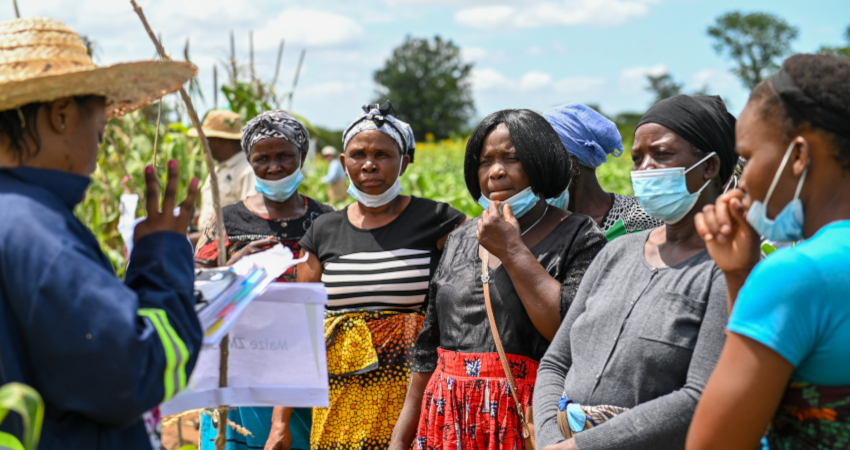
Women in Africa play pivotal roles in seed management and hold valuable traditional related knowledge. Despite this, they often face significant barriers such as limited access to training, finance, land, and opportunities for innovation. To fully leverage the potential of the seed sector, it’s essential to empower women to contribute effectively. Providing women with access to seed entrepreneurship opportunities is crucial. This enables them to excel in all aspects of seed production, storage, and marketing. Moreover, ensuring equal representation for women in decision-making processes regarding seed sector development is imperative. This inclusive approach will foster a thriving environment for innovative and more effective actions, leading to a more equitable and successful seed sector.
Enhancing Agricultural Resilience
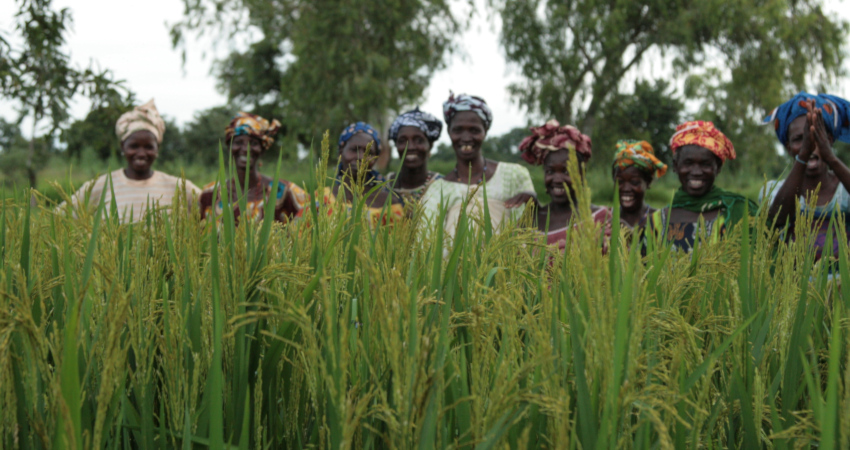 In the face of climate change and increasingly erratic weather patterns, high-quality seeds of more adapted varieties are essential for safeguarding agricultural productivity and food production across communities and agroecosystems. Through the cultivation of drought-resistant, pest-tolerant, and climate-resilient crops, seeds empower farmers to mitigate risks and adapt to changing environmental conditions.
In the face of climate change and increasingly erratic weather patterns, high-quality seeds of more adapted varieties are essential for safeguarding agricultural productivity and food production across communities and agroecosystems. Through the cultivation of drought-resistant, pest-tolerant, and climate-resilient crops, seeds empower farmers to mitigate risks and adapt to changing environmental conditions.
Creating Wealth Through Enterprises
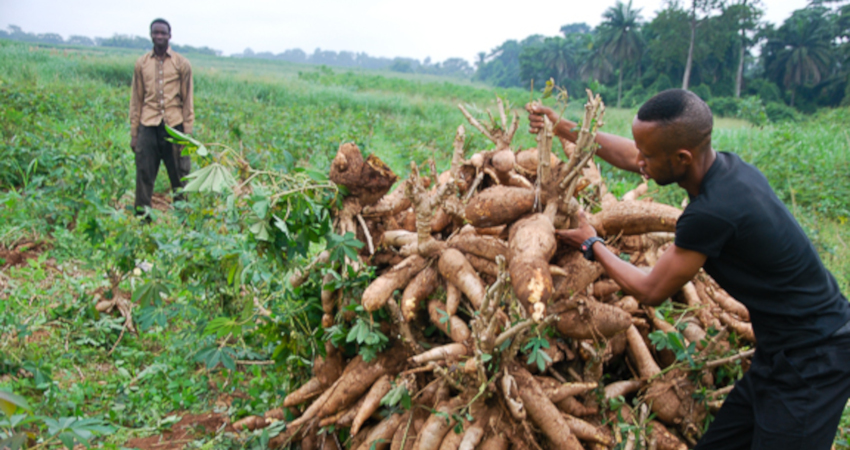 Seed production has the potential to serve as a significant avenue for wealth creation in Africa by empowering farmers and seed producers to transition into seed entrepreneurs. Through targeted training initiatives, these individuals can acquire the necessary knowledge and skills to produce high-quality seeds that meet market demands. By equipping them with enhanced information and communications technologies, quality control measures, facilitated access to markets, banking, insurance and investment, seed entrepreneurs can optimize seed production and delivery. This increased availability of high-quality seeds locally will lead to increased yields and profitability for entire rural communities.
Seed production has the potential to serve as a significant avenue for wealth creation in Africa by empowering farmers and seed producers to transition into seed entrepreneurs. Through targeted training initiatives, these individuals can acquire the necessary knowledge and skills to produce high-quality seeds that meet market demands. By equipping them with enhanced information and communications technologies, quality control measures, facilitated access to markets, banking, insurance and investment, seed entrepreneurs can optimize seed production and delivery. This increased availability of high-quality seeds locally will lead to increased yields and profitability for entire rural communities.
Promoting Biodiversity and Sustainability
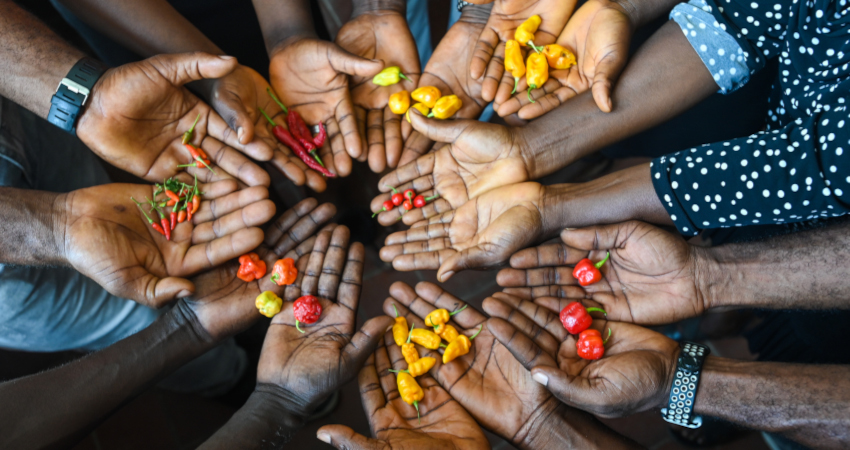 Seeds are instrumental in preserving biodiversity and promoting sustainable agricultural practices. By cultivating a wide variety of crops and utilizing the entire range of existing seed networks, farmers contribute to the conservation and utilisation of genetic diversity and the protection of fragile ecosystems. Seed systems can also fuel a wider use of traditional varieties and their adoption across various agroecologies through farmer managed seed networks. Seed systems can also fuel a wider use of traditional varieties and their adoption across various agroecologies ……
Seeds are instrumental in preserving biodiversity and promoting sustainable agricultural practices. By cultivating a wide variety of crops and utilizing the entire range of existing seed networks, farmers contribute to the conservation and utilisation of genetic diversity and the protection of fragile ecosystems. Seed systems can also fuel a wider use of traditional varieties and their adoption across various agroecologies through farmer managed seed networks. Seed systems can also fuel a wider use of traditional varieties and their adoption across various agroecologies ……
Bringing Orphan Crops to Centre Stage
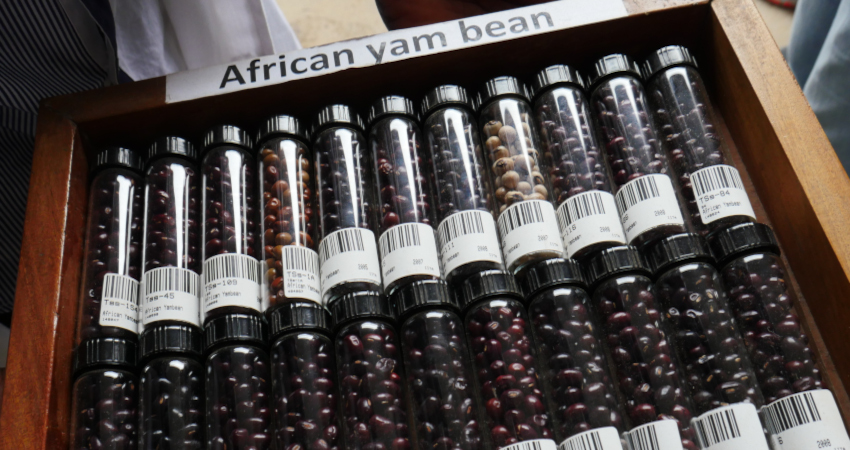
For a seed sector development to be more inclusive, it’s crucial to give attention and investment to all crops. When it comes to variety development, the scientific community mainly focuses on a handful of crops in Africa, overlooking many traditional and indigenous ones. Similar trends apply for the stages of seed multiplication and delivry. Despite their significance in sustaining a large portion of the African population, these crops have often been neglected or received insufficient investment on the seed sector value chains. It’s time to shift this focus and prioritize seed delivery for these crops. A key part of this paradigm shift has to make greater space for supporting farmer-managed seed systems as well as recognizing and respecting farmers’ rights to save, exchange, and sell seeds. This updated approach should also consider Africa’s varied agricultural landscapes where those crops are grown. By embracing this diversity, we can pave the way for a more prosperous and fair future across the continent.
Youth as the Future of Africa’s Seed Sector
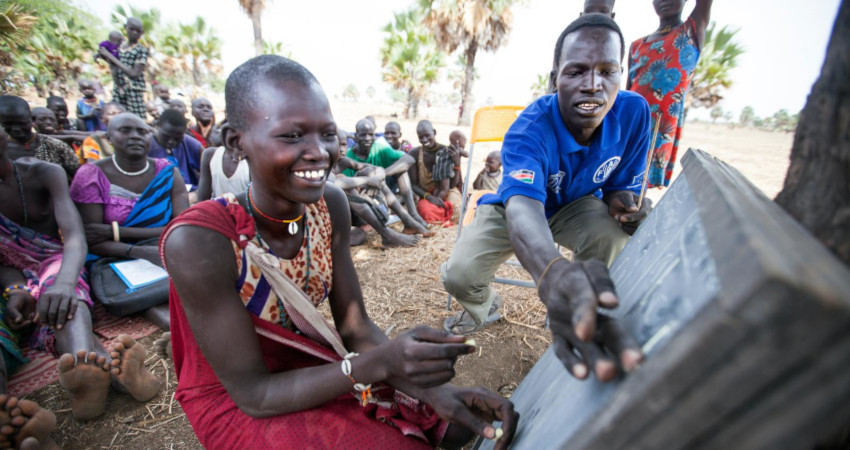
The youth hold the key to the future of agriculture in Africa. It’s our responsibility to equip them with the tools they need to take the seed sector to new heights and tackle the challenges ahead. This starts with providing quality education and training, and creating ample opportunities in the seed sector. By doing so, we enable youth to build a dignified and prosperous livelihood for themselves, their families, and their communities. Offering these opportunities in a supportive environment fosters youth engagement in various careers within the seed sector, including roles such as seed expert, technologist, breeder, biotechnologist, entrepreneur, multiplier, laboratory technician, and many more. This approach unlocks Africa’s demographic dividend and ensures a brighter future for the continent.
Driving Agricultural Transformation
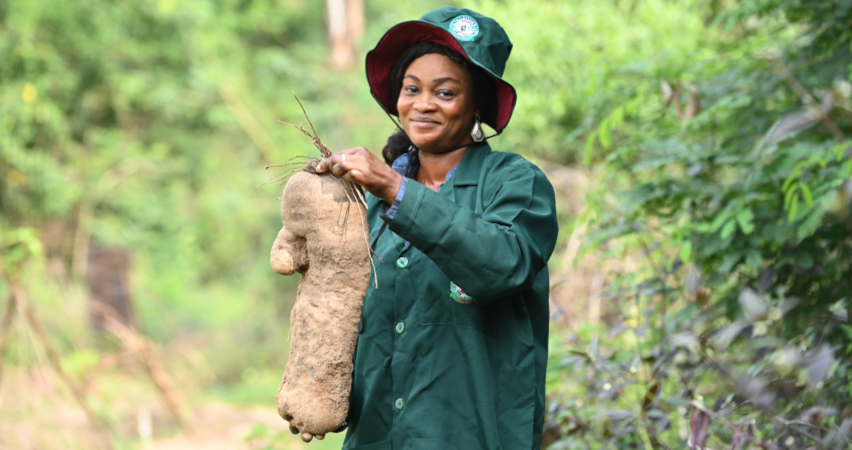 Seeds serve as catalysts for agricultural transformation, driving increased production and productivity, harnessing agrobiodiversity and creating opportunities across Africa. Through the use of high quality seeds and the adoption of improved varieties alongside with innovative agricultural technologies, agriculture can unlock its full potential and contribute to economic growth and poverty reduction.
Seeds serve as catalysts for agricultural transformation, driving increased production and productivity, harnessing agrobiodiversity and creating opportunities across Africa. Through the use of high quality seeds and the adoption of improved varieties alongside with innovative agricultural technologies, agriculture can unlock its full potential and contribute to economic growth and poverty reduction.
Making Development More Inclusive
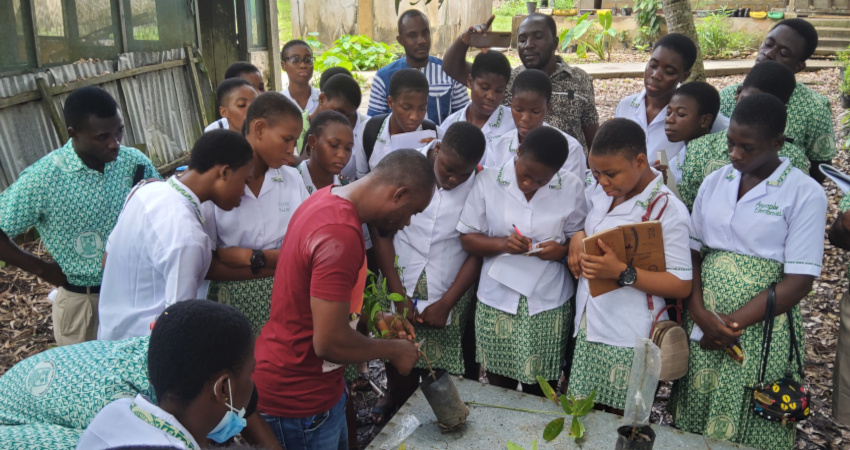
While addressing seed sector development, we can consistently contribute to a more inclusive and juster growth. This will require distribution systems that reach farmers irrespective of gender, age, disability, race, ethnicity, origin, religion or economic or other status. Geographical disparities also need to be addressed, having noted that one of the lowest access to quality seeds can be directly linked with how remote a farmer is from the main urban centres. Systematic barriers, such as political and social exclusion, should be looked at if we want to make things differently and enbrace participatory approches and foster collaboration between governments, civil society, and the private sector, for co-creating sustainable agricultural solutions that leave no one behind.
Seeds are indispensable for Africa's development journey, serving as catalysts for agricultural transformation, resilience, inclusion and sustainability. By addressing food and nutrition security, empowering farmers, and aligning with continental agendas, seeds hold the key to unlocking Africa's agricultural potential and driving inclusive growth and prosperity for generations to come.
